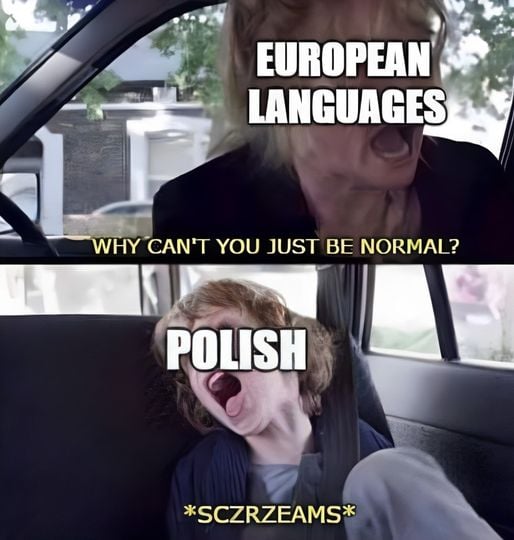this post was submitted on 24 Oct 2024
973 points (98.4% liked)
memes
10652 readers
2352 users here now
Community rules
1. Be civil
No trolling, bigotry or other insulting / annoying behaviour
2. No politics
This is non-politics community. For political memes please go to !politicalmemes@lemmy.world
3. No recent reposts
Check for reposts when posting a meme, you can only repost after 1 month
4. No bots
No bots without the express approval of the mods or the admins
5. No Spam/Ads
No advertisements or spam. This is an instance rule and the only way to live.
Sister communities
- !tenforward@lemmy.world : Star Trek memes, chat and shitposts
- !lemmyshitpost@lemmy.world : Lemmy Shitposts, anything and everything goes.
- !linuxmemes@lemmy.world : Linux themed memes
- !comicstrips@lemmy.world : for those who love comic stories.
founded 2 years ago
MODERATORS
you are viewing a single comment's thread
view the rest of the comments
view the rest of the comments

Looks weired but a sound of C and T has to be somehow connected, at least it feels like they are to me. Based on my experience, sound of Polish Ć and Czech Ť are transitional between Polish/Czech T/C. Proper linguist might put some more light on it than just my speculation.
Our C is reffered in IPA as joined "TS" sound, so there is definitely some merit to that
Polish C is also described as /t͡s/ (e.g. co /t͡sɔ/). According to wiki both are dental and voiceless although one is plosive and the other affricate. As I've read their descriptions on wiki, they made a lot of sense - /t͡s/ starts with a blockade of airway (just as /t/) but the air is released slightly differently thus making the difference in sound produced.